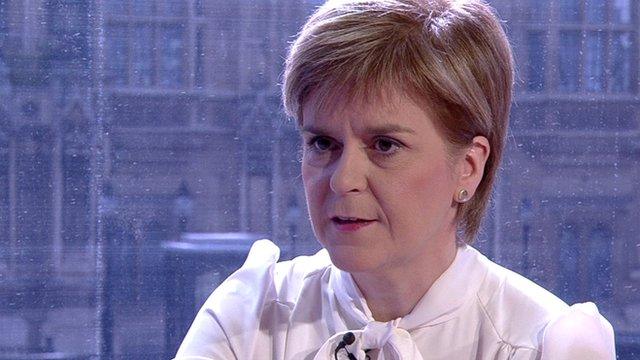Scottish devolution: MPs vote down full fiscal autonomy amendments
- Published
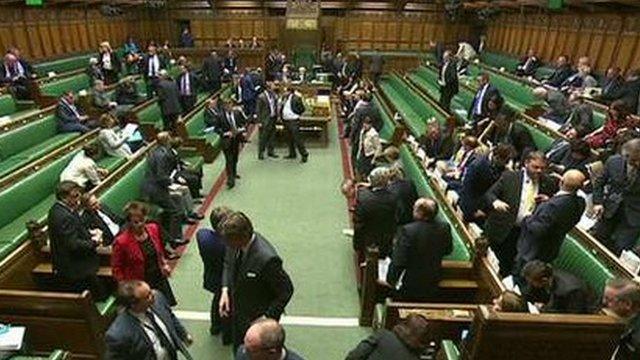
MPs have begun scrutinising the Scotland Bill
MPs have rejected attempts to have full fiscal autonomy (FFA) included in the Scotland Bill on more Holyrood powers.
The SNP and Tory MP Sir Edward Leigh submitted amendments calling for the Scottish Parliament to have full control of tax and spending.
However, they were both voted down, the SNP's by 309 votes to 60 and Sir Edward's by 298 to 68.
The Scotland Bill is at the committee stage of the legislative process and is now being scrutinised line by line.
On the first of four days of committee deliberations, the House of Commons debated the details of the two amendments which would have expanded proposed new powers.
The SNP wanted Holyrood to be able to move towards FFA without it being imposed immediately.
Sir Edward wanted the Bill to be amended to give the Edinburgh parliament the fiscal controls straight away.
He believed the Barnett Formula should end and "home rule" be created to stop a "toxic mixture" of circumstances exploding the Union.
The former Tory minister said: "My personal view, for what it's worth, is if we are going to create a sustainable Union, we effectively have to create full fiscal autonomy for Northern Ireland, for Wales, and for Scotland - and ultimately for England - and this almost imperial parliament would remain, determining the support mechanisms to ensure safety. In that sense I am a federalist."
The SNP agreed to back Sir Edward's amendment - although it also sought support from MPs across the House for its own.
The party's deputy leader Stewart Hosie said: "I want maximum power for Scotland. I want it as quickly as possible. I'm not like the British Labour Party who keep saying no and in the absence of no say 'delay with yet another commission'.
"If [Sir Edward] presses his amendment to a vote we will support it."
However, Scotland Secretary David Mundell questioned why the SNP had left it to a Tory backbencher to set out its position in an amendment.
He said he was not convinced by either case put forward for full fiscal autonomy, neither Sir Edward's "red-blooded" version, nor the SNP's "light" alternative.
'Bad for Scotland's future'
Mr Mundell added: "We need and we deserve the bulk of decisions to be taken as close to the people as possible and more importantly we need these decisions to be taken in line with the aspirations and democratic choices of the Scottish people.
"We believe in the transfer of more power to Scotland not as an end in itself, but because the Scottish government can exercise those powers to the benefit of Scotland's economy and society."
Labour also opposed the transfer of full fiscal autonomy. Shadow Scottish Secretary Ian Murray said: "It's bad for the Scottish people, bad for the Scottish economy and it's bad for the future of Scotland."
Under the legislation, half of the Scottish government's budget will continue to come from a grant by the UK Treasury calculated on the basis of the Barnett formula, which links public spending in England and Scotland.
The Scotland Bill as it stands would give the Scottish Parliament new powers including;
control over income tax rates and bands
a proportion of the VAT raised in Scotland
and full control of air passenger duty.
It would also allow Holyrood to create new benefits in devolved areas and to make discretionary welfare payments.
- Published15 June 2015
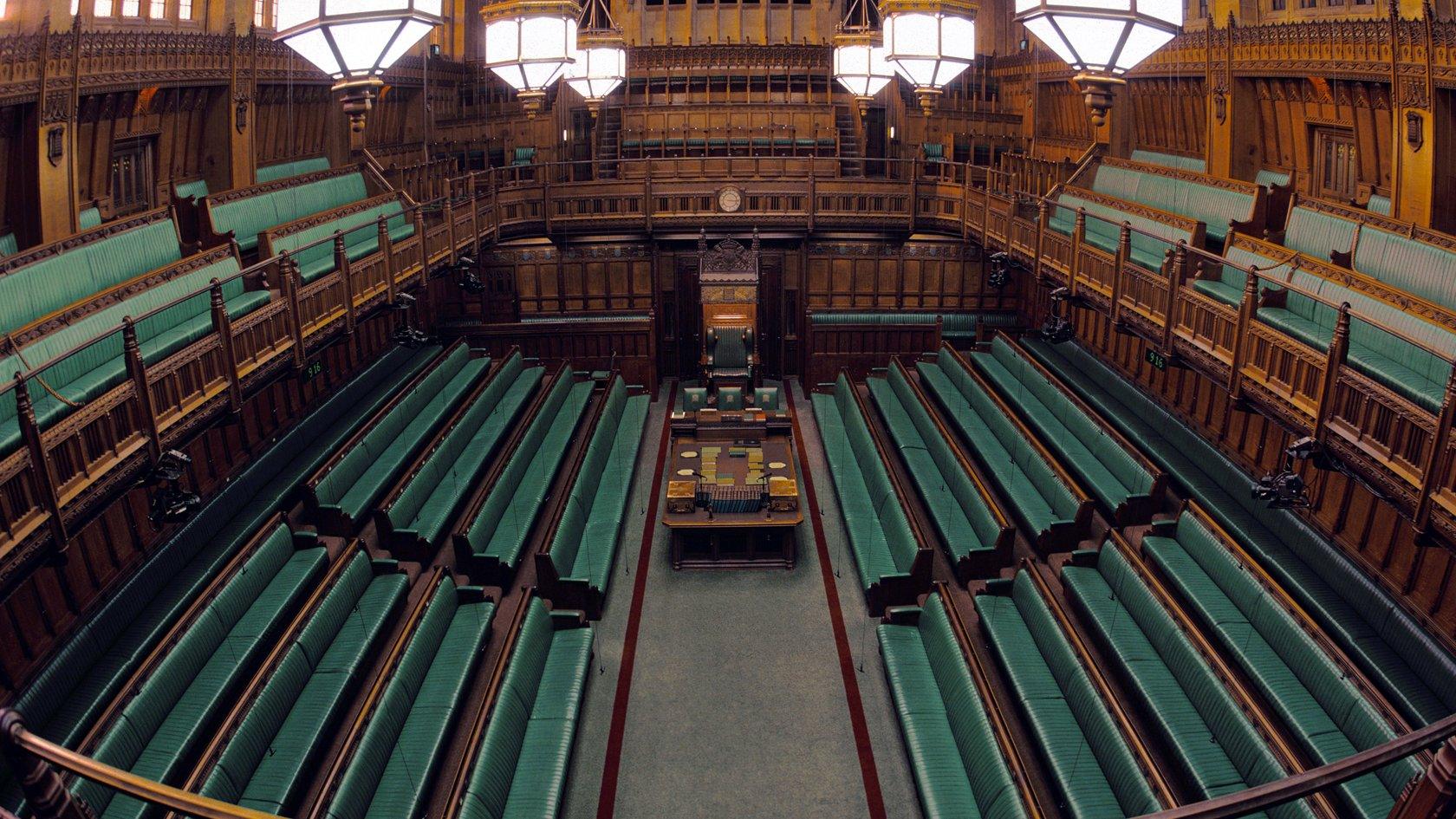
- Published11 June 2015
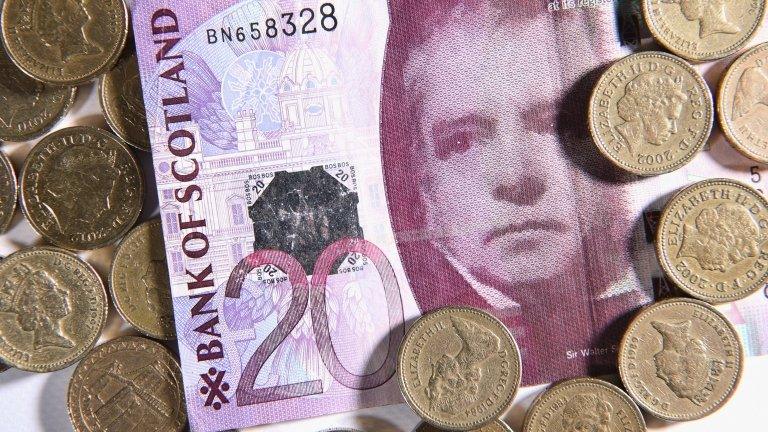
- Published7 June 2015
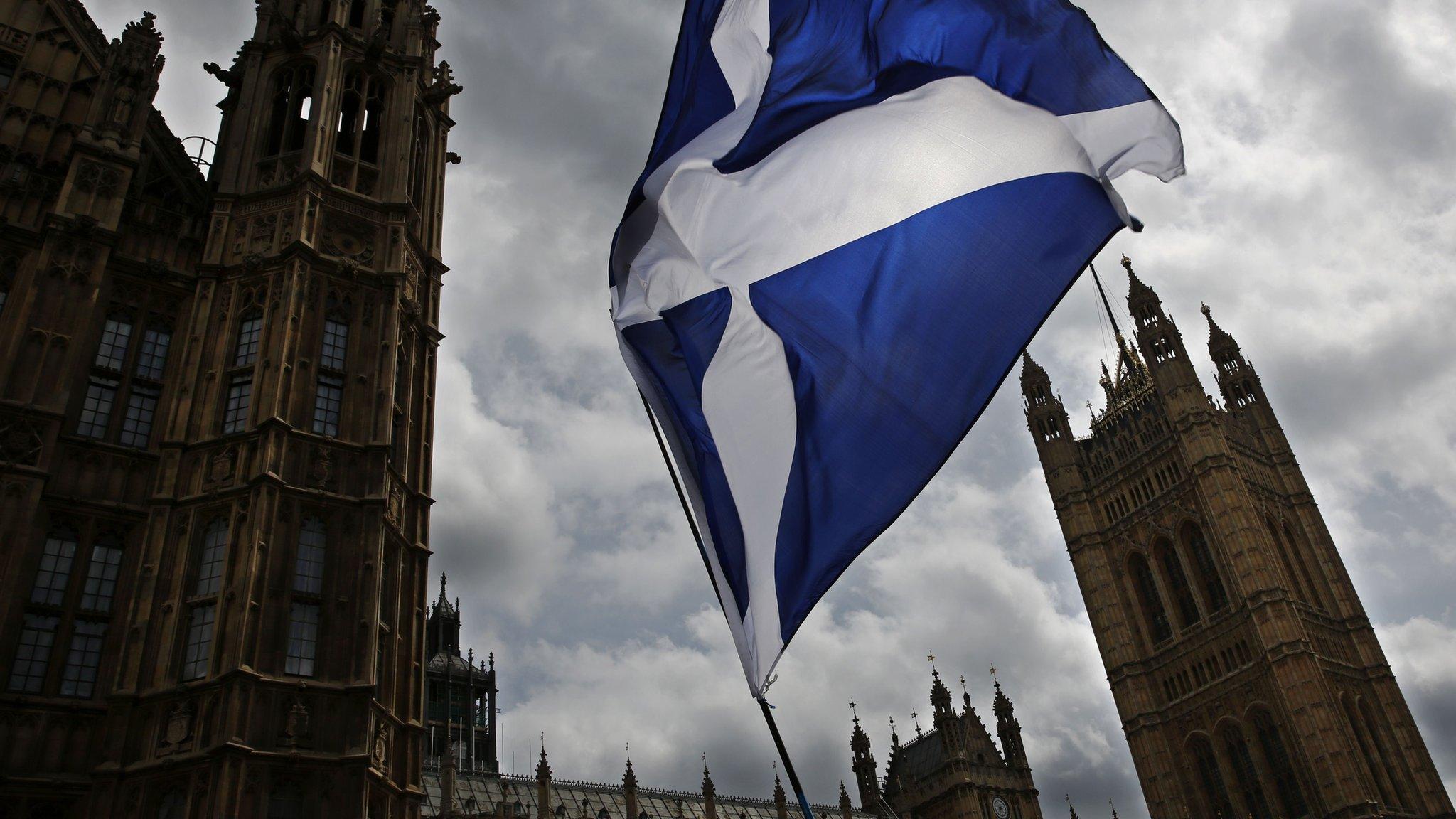
- Published10 May 2015
